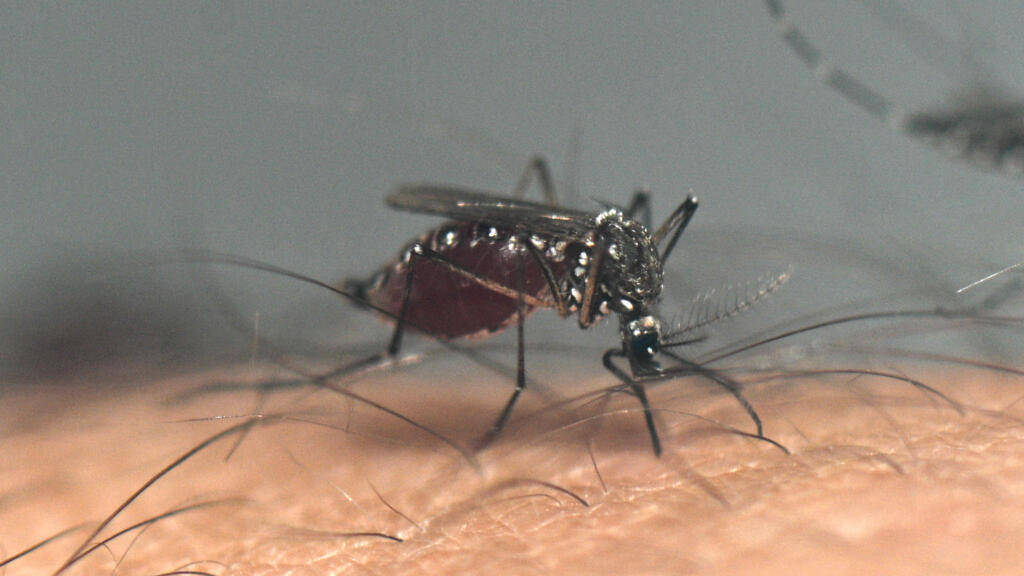
France is coming to terms with its biggest-ever wave of the chikungunya virus, with outbreaks from the Riviera to Paris highlighting the growing impact of the spread of the tiger mosquito.
The national health agency, Santé Publique France, reported this week that 382 infections had been confirmed across 38 clusters by 8 September, including 81 new cases in the previous seven days.
The mosquito-borne virus, which causes fever and severe joint pain, has been reported in southern regions for several years.
But this summer marks the first time a locally acquired case has been detected in Paris, where health officials have launched an overnight spraying campaign in the 11th arrondissement to contain the spread.
While several earlier clusters have now been declared over, the scale of this year’s outbreak is without precedent.
The largest hotspots remain in the south, with 71 cases in Antibes on the French Riviera, 54 in the Dordogne region and 97 across the Var and Bouches-du-Rhône departments.

Reunion Island on health alert after spike in chikungunya disease
Imported cases and climate links
Experts say the surge in infections is partly linked to a major chikungunya epidemic earlier this year in Réunion and the Indian Ocean region.
Travellers brought the virus back to mainland France, where the presence of the tiger mosquito – Aedes albopictus – allowed local transmission to take off.
Since May, authorities have logged 966 imported cases of chikungunya, alongside nearly 900 cases of dengue and seven of zika.
The spread also reflects a longer-term trend. Once absent from Europe, the tiger mosquito is now established in 81 French departments.
Its advance has been fuelled by warmer summers, urbanisation and increased international travel, which together create ideal conditions for both the insect and the viruses it can transmit.
Measuring the cost of mosquito bites
Other viruses in play
Chikungunya is not the only concern, as dengue, which is carried by the same mosquito, has caused 11 local clusters totalling 21 cases so far this season – well below the record 66 cases recorded last year.
The West Nile virus – transmitted by Culex mosquitoes – has been detected in 23 locally acquired cases, with infections beginning to appear beyond the traditional Mediterranean belt.
Chikungunya typically begins with sudden fever, intense joint pain, headache and fatigue.
Most patients recover fully, though symptoms can persist for weeks. Officials urge anyone who develops these symptoms within two weeks of a mosquito bite to seek medical advice and, crucially, to protect themselves from further bites to halt onward transmission.
Although a study published in The Lancet Planetary Health in May warned that chikungunya and dengue could become endemic in Europe, health authorities in France are keen to stress that swift intervention can keep outbreaks limited.
“This summer shows that rapid detection and targeted vector control remain highly effective tools,” an official at Santé Publique France noted.
(with newswires)







